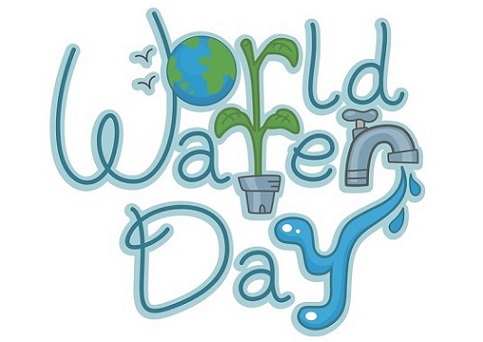The missing piece
Write the following quote on the board (or project it) and ask students to have a think and guess the missing word in pairs. Conduct open-class feedback and confirm the right answer or give the solution (=water).
“_________, thou hast no taste, no color, no odor; canst not be defined, art relished while every mysterious. Not necessary to life, but rather life itself.” (Antoine de Saint-Exupery)
Reflect and share
In the same pairs, have students discuss some questions related to water and water usage. Some possible questions:
- Is water important to you? Why? / Why not?
- What do you use water for on a daily basis?
- Do you take water for granted?
- Could you live without water?
- Have you ever been in a situation when you were in need of water but you didn’t have access to it?
- …
Key lexis
Check students’ understanding of the following vocabulary items: faucet / swamp / pond / be exposed to / germs / contaminated / diarrhea / dehydration / well
Orientation to video
Tell students they are going to watch a video about water crisis. In pairs, ask them to brainstorm some ideas they think might be mentioned in the video. When they have finished, put their ideas on the left side of the board (e.g. in the form of a mind map).
Then, play the video until 2:03 and have students check their solutions. You can also tick the correct ideas on the board together with the students.
Solutions – finish the sentences
In this part of the lesson, students are trying to think of how the water crisis could be solved. Put the following sentence beginnings on the right side of the board and ask students to finish them. (At this point, you might want to switch some pairs so that students don’t always work with the same partner.) After some time, conduct open-class feedback and put some ideas on the board.
- One way to solve the water crisis is …
- If the crisis is solved, …
- In the future, this means …
After the activity, play the rest of the video. Make sure students are aware that the content of the video is not the one and only solution to the crisis.
Dear …,
Finally, students work individually. Tell them they have the chance to write a letter to a family caught in the water crisis. (They can make up a name.) They can express their feelings and opinions in connection with what they have seen in the video, their own water usage, anything. Collect the letters and report back to the class in the next lesson in the form of a short feedback.


Have students read this and comment, on Kyrgyzstan’s water problems in many rural areas: http://www.eurasia.undp.org/content/rbec/en/home/presscenter/articles/2015/8/19/a-pipe-dream-no-more–clean-water-in-kyrgyzstan.html
What is Marifat’s story? What can be done to change her nightmare when it comes to clean drinking water?
Can you drink the tap water where you are, or cook with it? We don’t, inside an urban area within the EU.
DIE LINKE in Germany, Katja Kipping, sent this out on Weltwassertag: https://www.die-linke.de/nc/presse/presseerklaerungen/detail/artikel/weltwassertag-es-ist-hoechste-zeit-fuer-oekologische-gerechtigkeit/
arguing for ‘ecological justice’
Those of you teaching In Germany, Austria can use this text with students, asking them to discuss in English as best they can. It begins:
“According to new research, more than half a billion people on the planet have to survive day in day out without clean water. Every day, some 800 children across under the age of 5 die to to diarrhea, caused by contaminated water, miserable sanitary facilities and rotten circumstances of hygiene. It is high time for ecological justice. In a globalized world, economic, ecological and social problems are interconnected, they cannot be separated one from the other.” Teachers who know German can read on.
FLINT WATER CRISIS
In the US, the tainted water supply to the city of Flint, near Detroit/Michigan, has been a major new item for over two years. Students can read more about its facts here: http://edition.cnn.com/2016/03/04/us/flint-water-crisis-fast-facts/
This is a city where serious poverty and the politics of race (more than half the population is African-American) also play a role in the dire situation most residents have found themselves in. Finally the federal government in Washington is stepping in to upgrade ‘drinking water infrastructure,’ announced a few days ago: https://www.epa.gov/newsreleases/epa-awards-100-million-michigan-flint-water-infrastructure-upgrades
These two videos will help students understand the crisis: https://www.youtube.com/watch?v=NUSiLOwkrIw
https://www.youtube.com/watch?v=3-hVMjgzEiI
Here an excellent article students at mi-intermediate level could discuss: http://www.ipsnews.net/2017/03/no-water-no-life-dont-waste-it/ Many key facts, suggestions on how to cut down on wasted water.